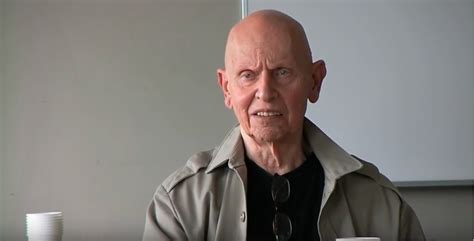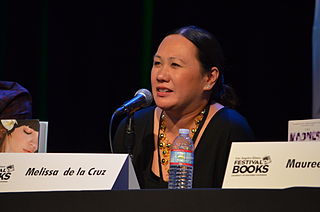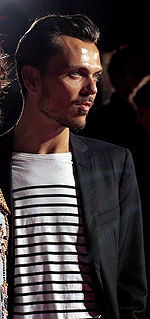A Quote by David Antin
My mother turned into a professional widow. She couldn't understand why I wanted to be an engineer; she thought I should be a chicken farmer.
Related Quotes
My mother wanted to be a mother. That's the only thing she wanted from the bottom of her heart. She didn't want to be the number one actress - which she was - and she didn't want to be this great legend. All she wanted to be was a mother and she did but God took her away. So I always will empathise and sympathise with women.
The Olinka girls do not believe girls should be educated. When I asked a mother why she thought this, she said: A girl is nothing to herself; only to her husband can she become something. What can she become? I asked. Why, she said, the mother of his children. But I am not the mother of anybody's children, I said, and I am something.
If it is perfectly acceptable for a widow to disfigure herself or commit suicide to save face for her husband's family, why should a mother not be moved to extreme action by the loss of a child or children? We are their caretakers. We love them. We nurse them when they are sick. . . But no woman should live longer than her children. It is against the law of nature. If she does, why wouldn't she wish to leap from a cliff, hang from a branch, or swallow lye?
As he was about to leave, she said, "Murtagh." He paused and turned to regard her. She hesitated for a moment, then mustered her courage and said, "Why?" She though he understood her meaning: Why her? Why save her, and now why try to rescue her? She had guessed at the answer, but she wanted to hear him say it. He stared at her for the longest while, and then, in a low, hard voice, he said, "You know why.
She nodded... and was about to turn away. Then, as if she thought better of it, she reached out and grabbed his arm. "Jack." "Yes?" "I. . ." she faltered. She knew what she wanted to tell him, but she couldn't bring herself to say the words. It turned out she didn't have to. Jack put a hand to his heart and nodded. "I feel the same way about you.
She suddenly understood why she had let him kiss her in the diner, why she had wanted him at all. She wanted to control him. He was every arrogant boyfriend that had treated her mother badly. He was every boy that told her she was too freaky, who had laughed at her, or just wanted her to shut up and make out. He was a thousand times less real than Roiben.
She looked at him then, but his image blurred behind tears that swelled into her eyes. She must leave. She must leave this room, because she wanted to hit him, as she had sworn she never would do. She wanted to cause him pain for taking a place in her heart that she wouldn't have given him if she'd known the truth. "You lied to me," she said. She turned and ran from the room.
She could not explain or quite understand that it wasn't altogether jealousy she felt, it was rage. And not because she couldn't shop like that or dress like that. It was because that was what girls were supposed to be like. That was what men - people, everybody - thought they should be like. Beautiful, treasured, spoiled, selfish, pea-brained. That was what a girl should be, to be fallen in love with. Then she would become a mother and she'd be all mushily devoted to her babies. Not selfish anymore, but just as pea-brained. Forever.
When we were arguing on my twenty-fourth birthday, she left the kitchen, came back with a pistol, and fired it at me five times from right across the table. But she missed. It wasn't my life she was after. It was more. She wanted to eat my heart and be lost in the desert with what she'd done, she wanted to fall on her knees and give birth from it, she wanted to hurt me as only a child can be hurt by its mother.
Ultimately I think I learned a lot from my mother - the way she used fashion to make herself feel better; it was a tool she had and she used it very well. Fashion for her wasn't so far as an escape, but certainly a time where she would sit on her own and prepare what she wanted to wear the next day - it turned into bit of a ritual.





































